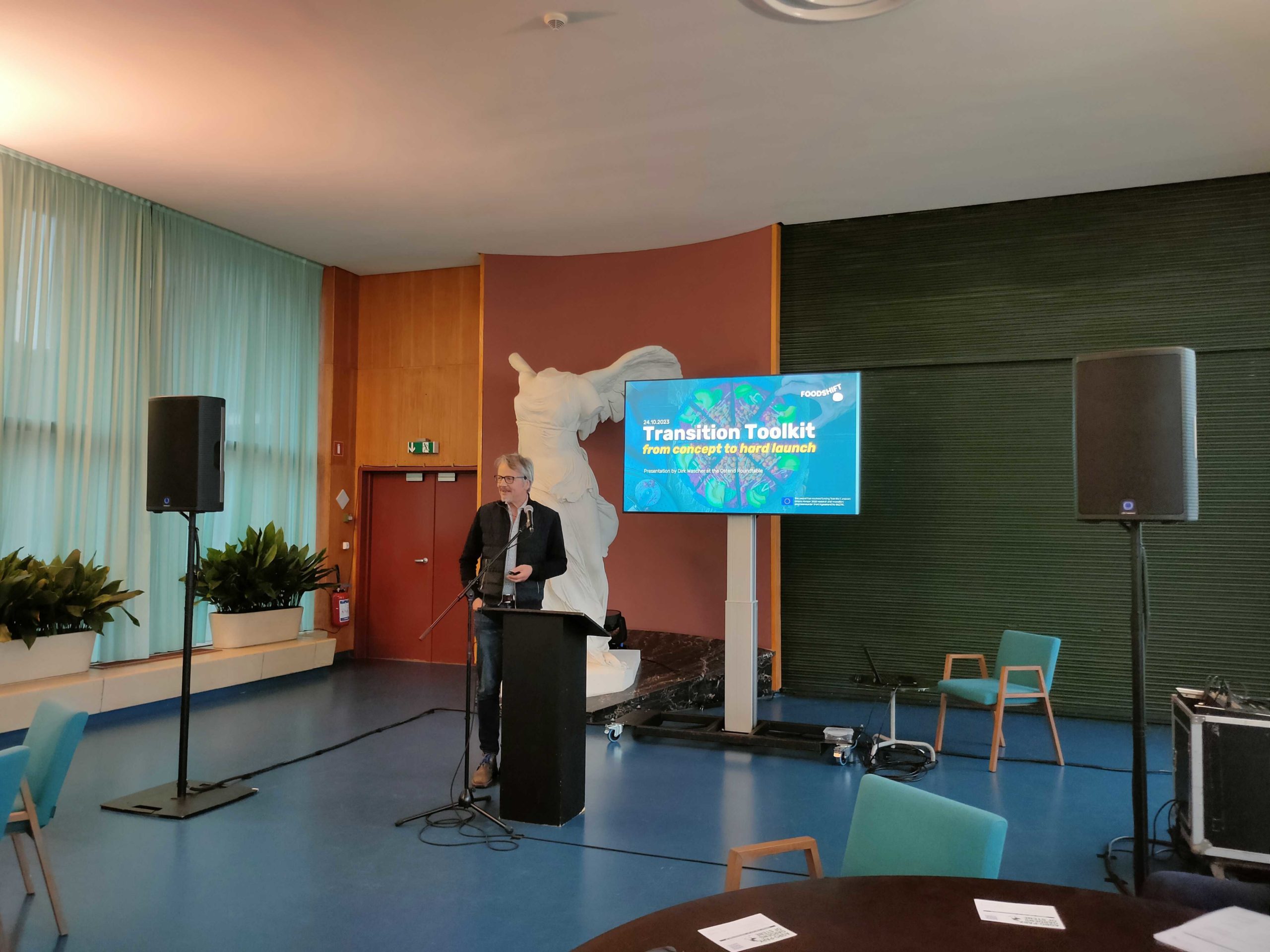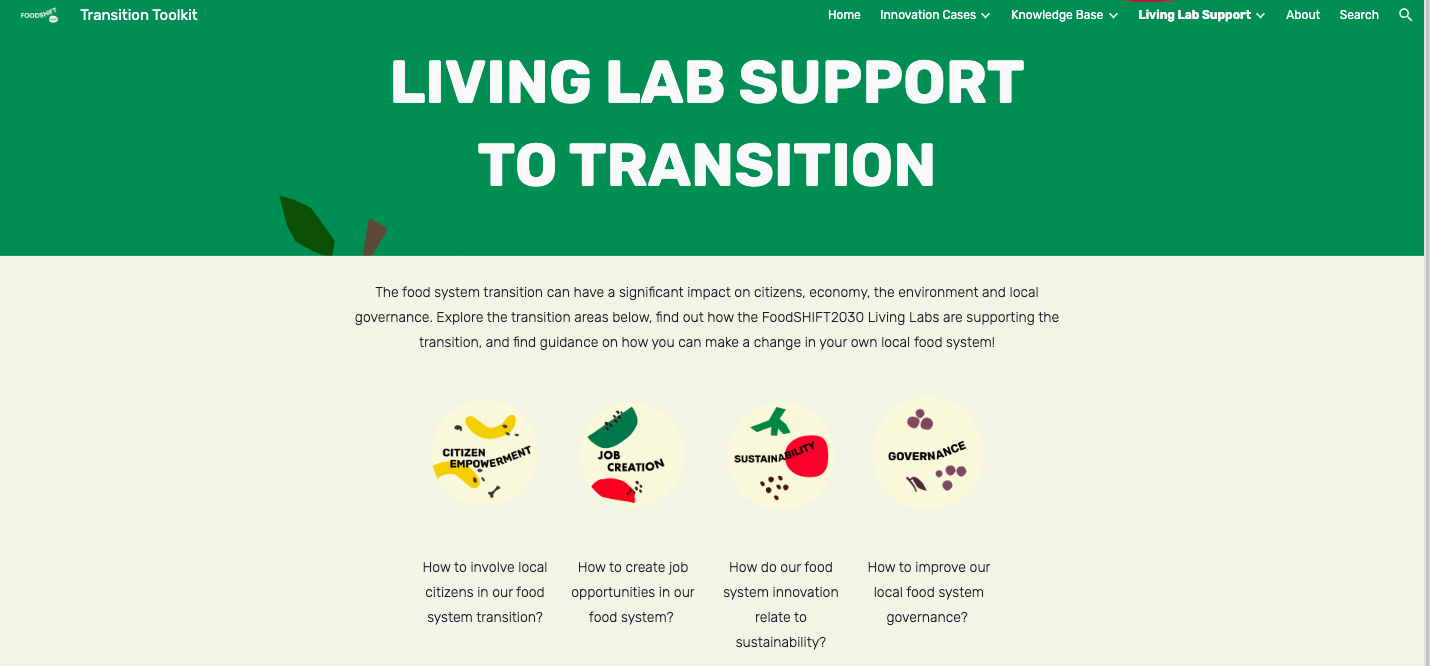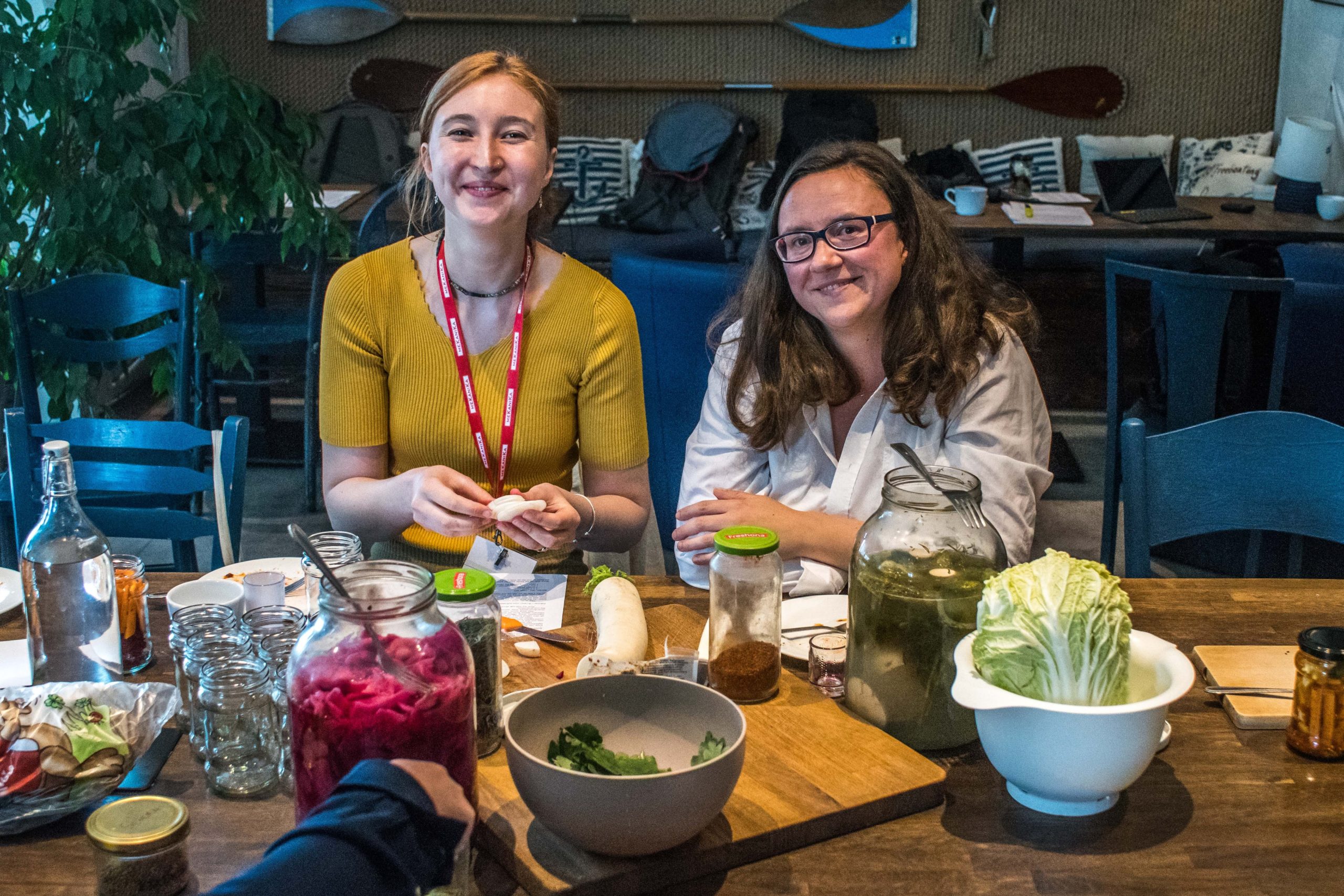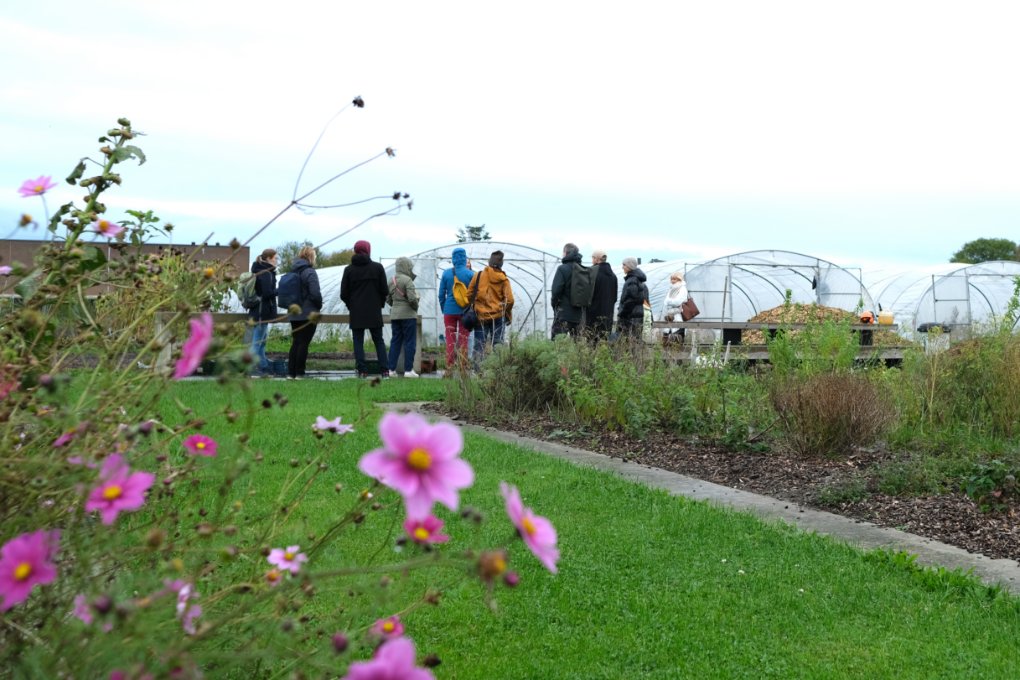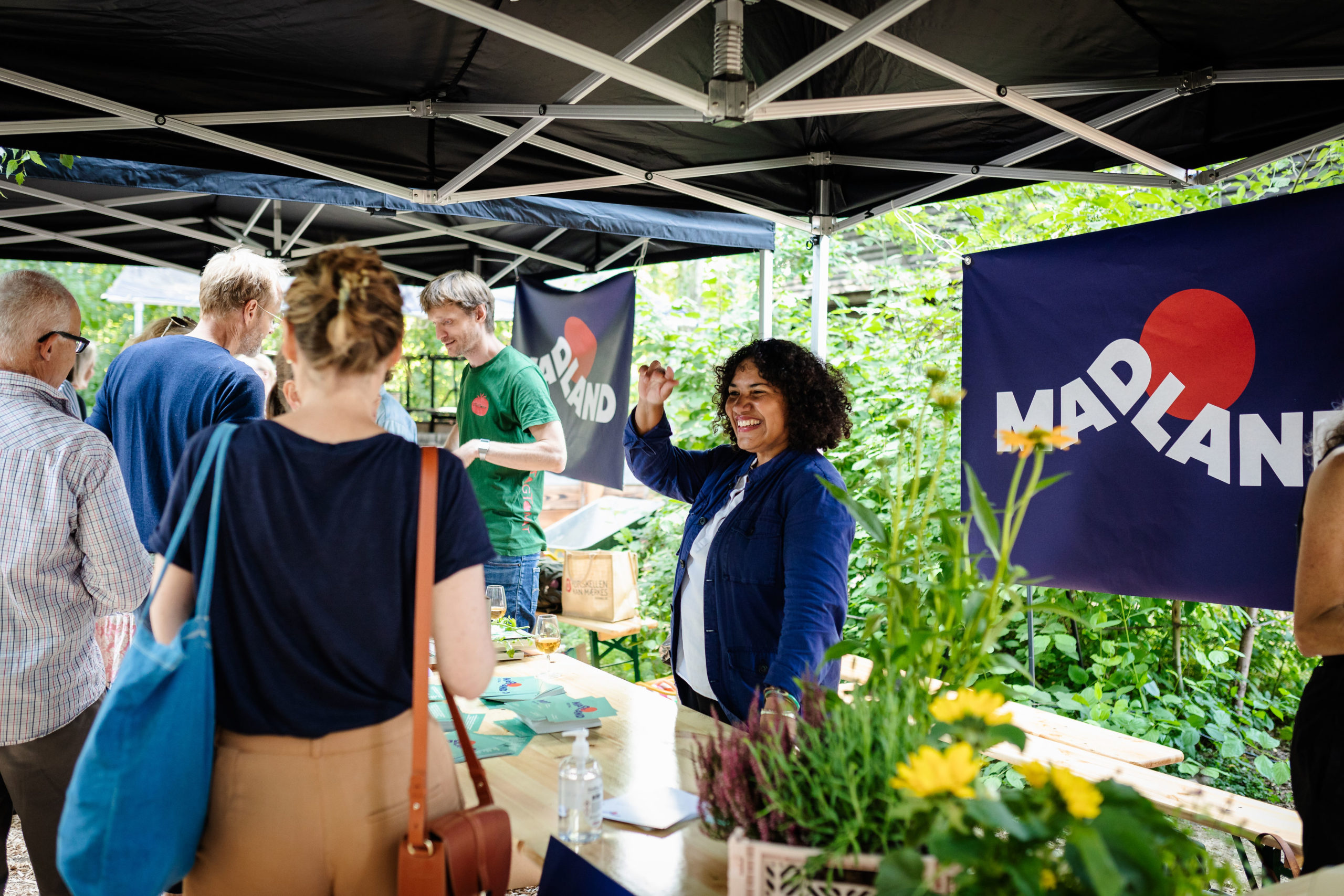‘Listening is key’ – FoodSHIFT explores governance and food strategy
15 December 2022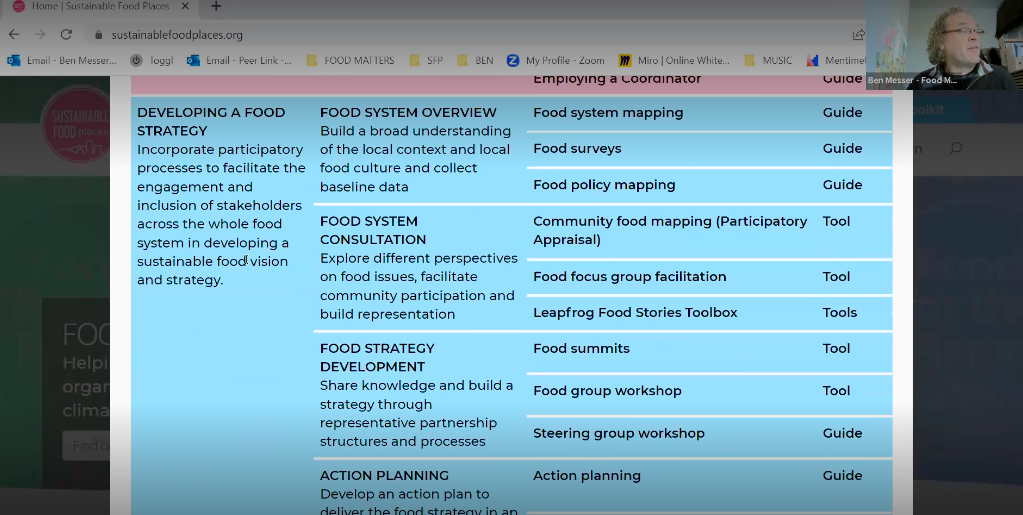
‘Listening is key’ – FoodSHIFT explores governance and food strategy with over 30 new policy councils from across Europe
WATCH THE RECORDING SESSION:
Governance and Food Strategy was the theme of the first workshop in this new series of trainings organised by Sustain and Food Matters for FoodSHIFT2030. The workshops aim to share FoodSHIFT guidance and expertise with organisations new to the network, building on and strengthening an international network of like-minded people working together towards sustainable food system transformation.
Facilitated by Ben Messer from Food Matters and chaired by Sofia Parente from Sustain, the workshop shared practical approaches, resources and inspiration for developing partnership governance and strategy. The workshop took an inclusive, participatory approach inviting the 40 plus attendees to meet each other and share their current challenges together, both in breakout rooms and in the main room. Most participants were a partnership or food policy council looking to transform the food system or develop a food strategy for their place and most were new to the FoodSHIFT network.
What a sustainable food future looks like?
According to Ben Messer, actively sharing perspectives about where you are at currently and listening to new people is at the heart of any successful partnership.
“The effectiveness of food partnerships and food strategies depends on engagement of people and communities. A sustainable food system is achieved through representation of different perspectives, partnership working, a sense of ownership of the process and agency in bringing about positive change.”
Listening to key stakeholders is key – from citizens to local businesses and the local authority – and to start building the strategy from there. Developing the strategy can then identify where the buzz is, where activity is going well, and to develop an action plan from there.
In response to a Mentimetre question: ‘what 3 THINGS would show you that progress is being made?’, answers from participants ranged from citing advances such as diverse food infrastructure; communities working together; farmers valued; equity access across the city to healthy food and better local supply chains. You can view the full list of responses here.
Resources for developing a food strategy
The workshop then moved on to sharing resources developed by FoodSHIFT and the UK’s Sustainable Food Places programme, resources that could be useful for participants in developing their own food strategy for their places.
Beatrice Walthall, from Berlin FoodSHIFT Lab and the Leibniz Centre for Agricultural Landscape Research (ZALF), presented the FoodSHIFT Toolkit How to Cook Up Civic-Driven Food System Governance? A step-by-step Guide for Practitioners.
Developed within FoodSHIFT with substantial support from IFOAM, Sustain and Food Matters, with input from FoodSHIFT cities Ostend, Barcelona, Berlin, the toolkit is based on practical and theoretical experiences and knowledge. There is specific focus on civic-driven food system governance, offering a step-by-step guide for practitioners with recommendations, exercises and further material to develop food governance strategies in a civic-driven, participatory and deliberative process. The guide consists of four sections with five corresponding (potential) steps for developing a food strategy:
- Initiation
- Assessment
- Stakeholder Engagement
- Building and Action Planning
- Evaluation
Ben Messer presented the Sustainable Food Places Toolkit. Developed by Food Matters and based on experience with a range of over 80 different food partnerships and from the direct experience of SFP Network members. The toolkit offers resources under 3 headings: Building a food partnership; Developing a food strategy and Reviewing and refreshing your partnership and strategy. Tools particularly relevant to this workshop are those with a specific focus on:
- Developing a Food Vision and Charter
- Food system mapping
- Community food mapping
- Food focus groups
- Food summits
- Action planning
Developing a food strategy: case studies
The workshop then finished with a conversation with two inspiring case studies, who are already working with multiple stakeholders in developing a food strategy in their area.
Lorenzo Labellarte, from the Mediterranean Agronomic Institute of Bari (CIHEAM Bari) and FoodSHIFT Lab Bari shared insights from his organisation’s work in Bari, in the Puglia region of Southern Italy. There municipalities have developed a shared vision for a sustainable food future, worked this into a manifesto and are now at the stages of implementation. The model in Bari is now being used to help nearby city Taranto in developing a similar action plan for their local food strategy.
Alex Britten-Zondani from East Sussex, a county in southern UK, shared how local district food partnerships are coming together to develop and deliver a county wide food action plan, working alongside county and local councils, and other key stakeholders. This work intended to ensure there is action happening at a wider regional level to support food systems change, alongside what is already happening at grassroots level, and Alex shared how this is being approached.
The topic of citizen engagement came up repeatedly in the workshop and in these last conversations, with both Lorenzo and Alex stressing the need for consistency here, ensuring citizens are invited at all stages of consultation and development. Participants also shared their concern for food producers. With most farmers in the UK, France and other countries over 50 years old and with no plans for succession, there are worries about the future of local sustainable food production if strategic support is not provided. The power of large national and international retailers to set prices and push margins down for farmers also came into the discussion.
Applying the learning and resources to other areas
The workshop ended with some takeaway questions for participants to think over to help consolidate what was learned at the workshop and in preparation for the following three workshops to take place in 2023.
- How could you use the approach we’ve demonstrated and apply it to your place?
- Which resources could you use to help you do this?
- How can the experience of Bari and East Sussex inspire you in your work?
All were invited to join the FoodSHIFT+ email forum as a way to continue the conversation beyond the workshop and feed into the international network with their own challenges, insights and expertise.
Keep an eye out for the next three workshops in 2023 as part of this series. These workshops are open to local food partnerships or councils who would like to join the FoodSHIFT network, keen to build local food strategies with community involvement that result in positive transformation of the food system.
